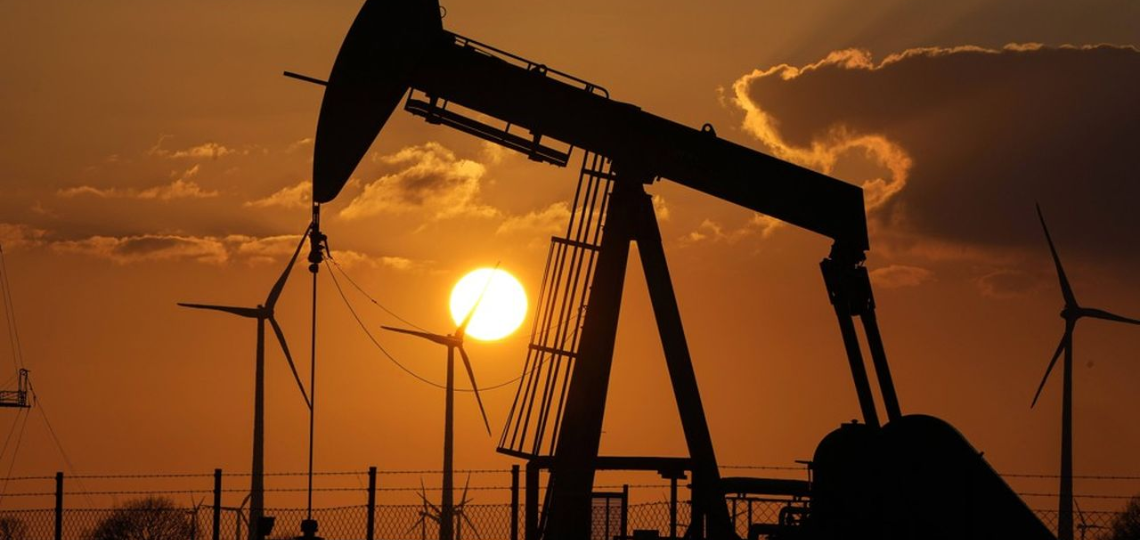The United States welcomes the progress made by the European Union in capping the price of Russian oil at $60 per barrel.
G7 agreement on Russian oil prices
The United States, through the White House, is convinced that this agreement will limit Russia’s revenues. Poland ‘s response to this ceiling was delayed, as the unanimity of the 27 was required. The latter finally accepted the European Union’s agreement to cap the price of oil at $60 per barrel.
These sanctions on Russian oil include the United States, Australia and the United Kingdom, the agreement being concluded in the framework of the G7. John Kirby, spokesman for the White House National Security Council, says Washington thought $60 a barrel was the appropriate level for the price cap. It will thus make it possible to achieve the twofold objective pursued by this agreement.
Impact on revenues
The cap on Russian oil revenues is intended to reduce Russia’s income. The aim is also to avoid a spike in world oil prices after the European embargo comes into effect on December 5. The implementation of the Russian oil price cap is intended to deprive Russia of a share of its revenues that finance the war in Ukraine.
John Kirby, spokesman for the National Security Council at the White House says:
“We continue to believe that a price cap will help limit Putin’s ability to take advantage of the oil market in order to continue funding a war machine.”
According to him, Russia was demanding about $100 per barrel a month ago, the move to a $60 price represents a considerable drop. However, the Coalition reserves the right to adjust the cap.






